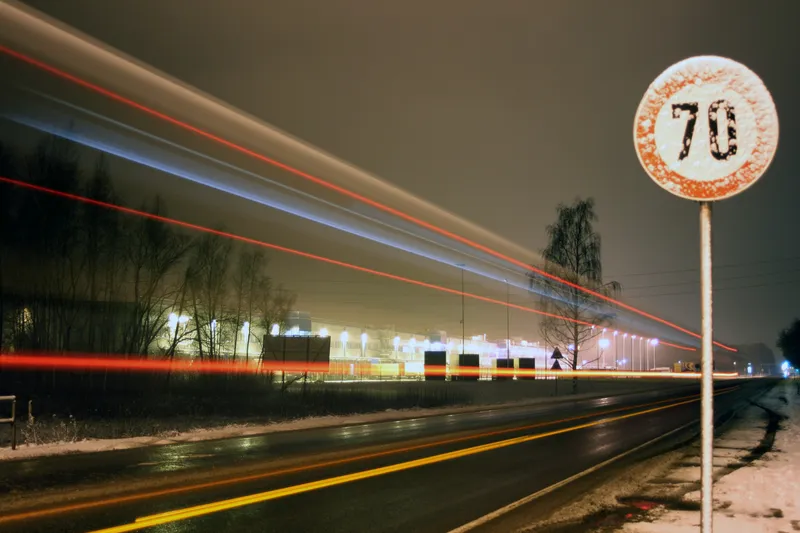A wheelchair user has won a partial victory at the UK Supreme Court over priority use of wheelchair spaces on buses. The case arose when wheelchair user Doug Paulley attempted to board a bus operated by FirstGroup, which carried a sign asking passengers occupying the wheelchair space to “please give up this space if needed for a wheelchair user”.
The wheelchair space was occupied by a woman with a baby in a pushchair who refused to move when the driver asked her to. The driver took no further action and
January 18, 2017
Read time: 2 mins
A wheelchair user has won a partial victory at the UK Supreme Court over priority use of wheelchair spaces on buses. The case arose when wheelchair user Doug Paulley attempted to board a bus operated by FirstGroup, which carried a sign asking passengers occupying the wheelchair space to “please give up this space if needed for a wheelchair user”.
The wheelchair space was occupied by a woman with a baby in a pushchair who refused to move when the driver asked her to. The driver took no further action and Paulley was unable to board the bus. He sued the FirstGroup for unlawful discrimination, arguing that its "requesting, not requiring" policy was discriminatory.
The Supreme Court allowed Mr Paulley’s appeal, but only to a limited extent. It ruled that FirstGroup’s policy of requiring a driver to simply request a non-wheelchair user to vacate a wheelchair space without taking any further steps was unjustified. It said the driver should consider further steps to pressurise the non-wheelchair user to vacate the space, depending on the circumstances.
Following the judgment, managing director of First Bus, Giles Fearnley said the group welcomed the court’s decision. He continued, “It has ruled that bus drivers are not required to remove customers from vehicles, which was a key issue for us. This provides welcome clarity for bus operators, our drivers and our customers.”
He went on to say that the Group looks forward to receiving further clarity around the decision and will implement any necessary changes when the Court publishes its Order.
“We recognise how important it is that bus services are accessible for all customers and we lead the industry in improving bus travel for customers with all disabilities. We are therefore also pleased that the Supreme Court found that we did not discriminate against Mr Paulley.”
The wheelchair space was occupied by a woman with a baby in a pushchair who refused to move when the driver asked her to. The driver took no further action and Paulley was unable to board the bus. He sued the FirstGroup for unlawful discrimination, arguing that its "requesting, not requiring" policy was discriminatory.
The Supreme Court allowed Mr Paulley’s appeal, but only to a limited extent. It ruled that FirstGroup’s policy of requiring a driver to simply request a non-wheelchair user to vacate a wheelchair space without taking any further steps was unjustified. It said the driver should consider further steps to pressurise the non-wheelchair user to vacate the space, depending on the circumstances.
Following the judgment, managing director of First Bus, Giles Fearnley said the group welcomed the court’s decision. He continued, “It has ruled that bus drivers are not required to remove customers from vehicles, which was a key issue for us. This provides welcome clarity for bus operators, our drivers and our customers.”
He went on to say that the Group looks forward to receiving further clarity around the decision and will implement any necessary changes when the Court publishes its Order.
“We recognise how important it is that bus services are accessible for all customers and we lead the industry in improving bus travel for customers with all disabilities. We are therefore also pleased that the Supreme Court found that we did not discriminate against Mr Paulley.”










